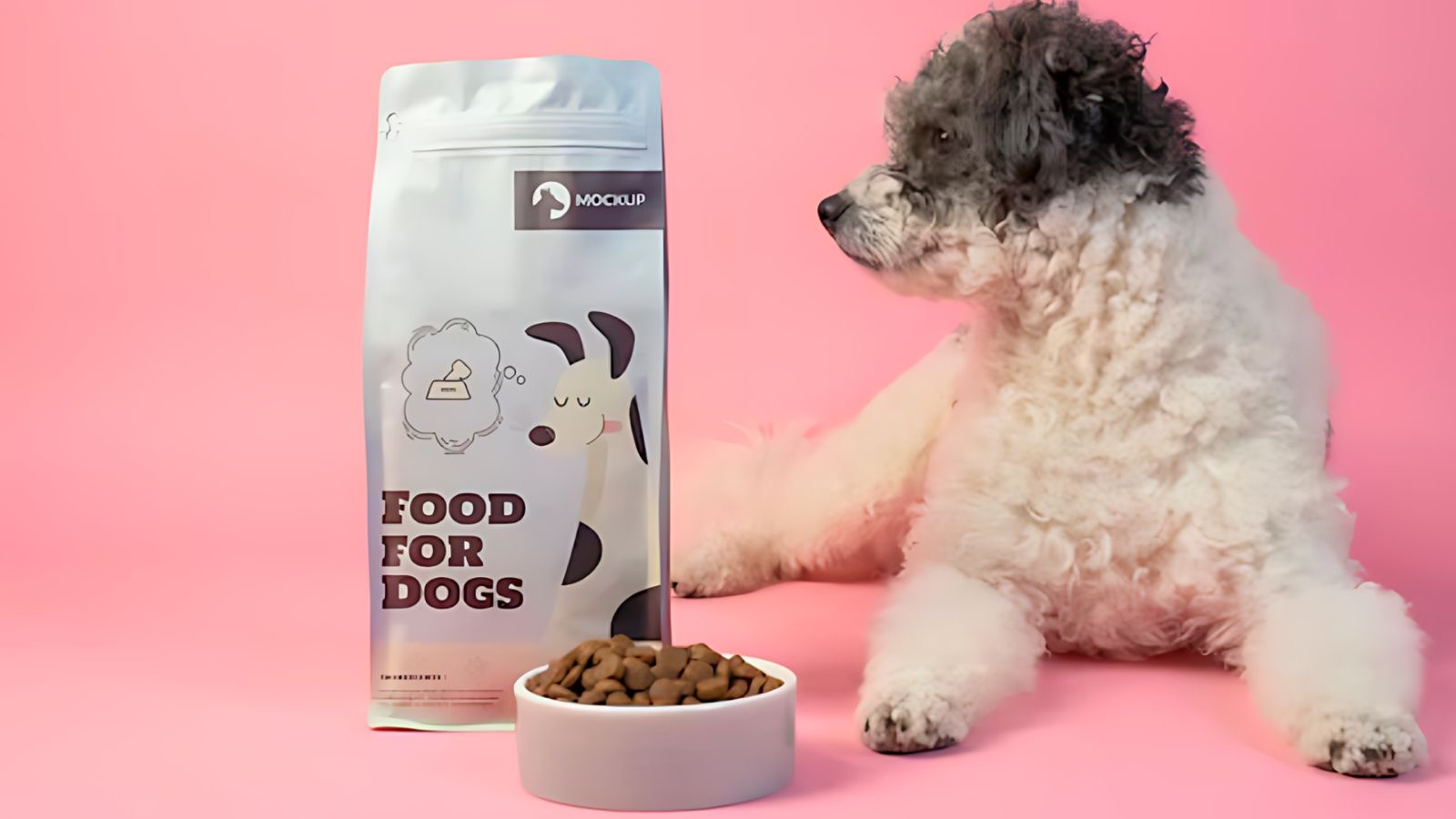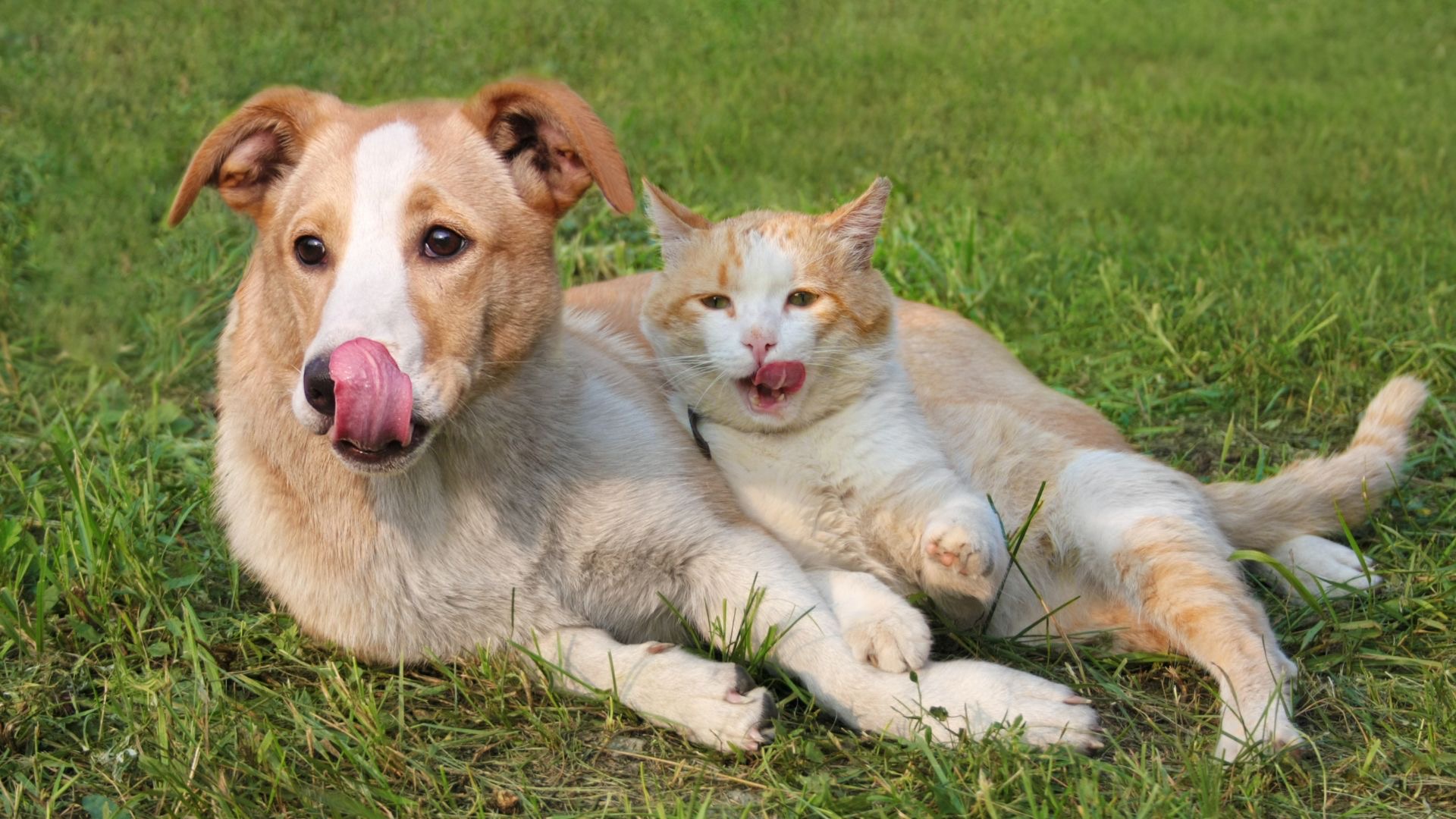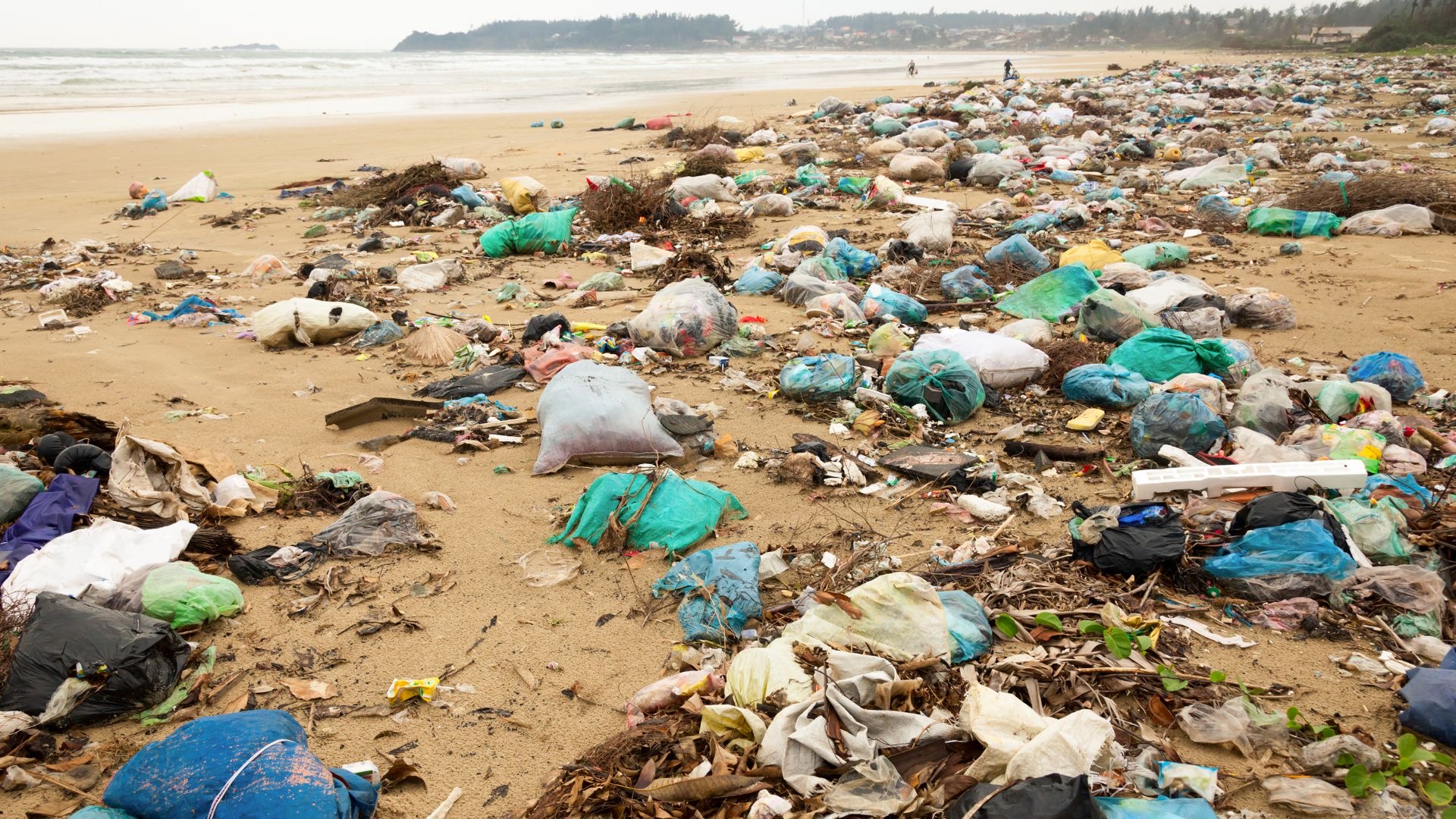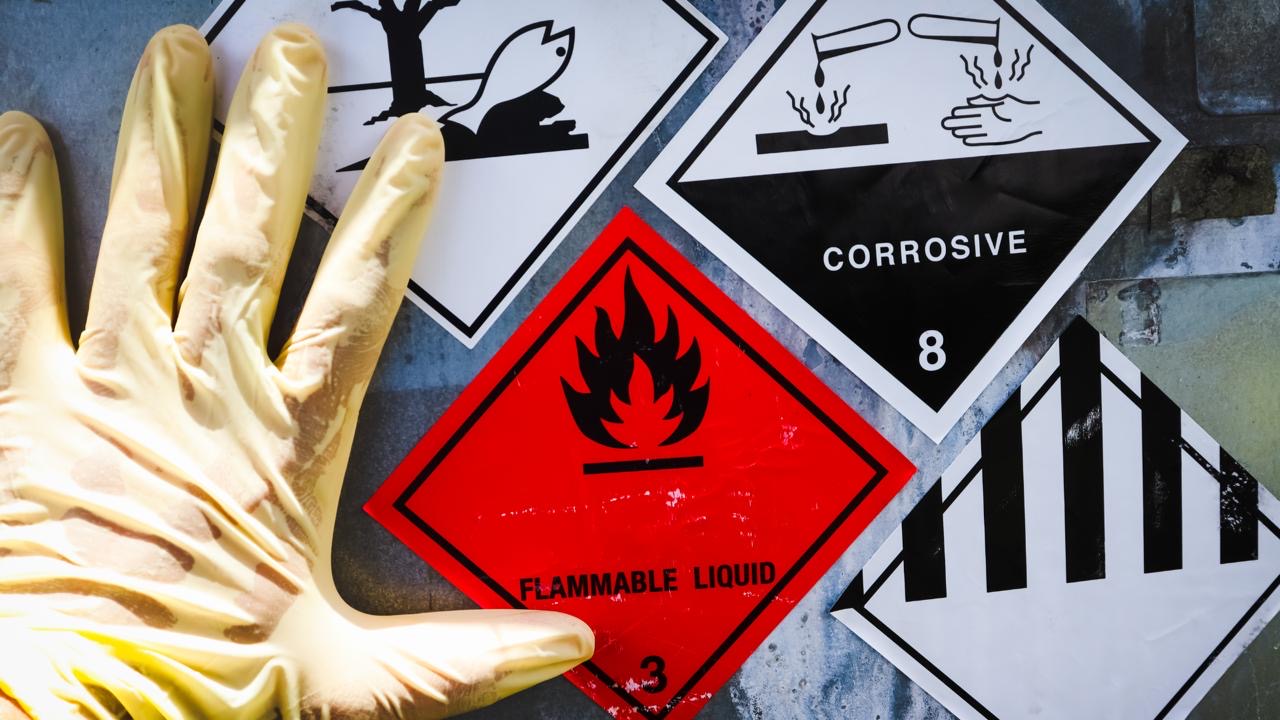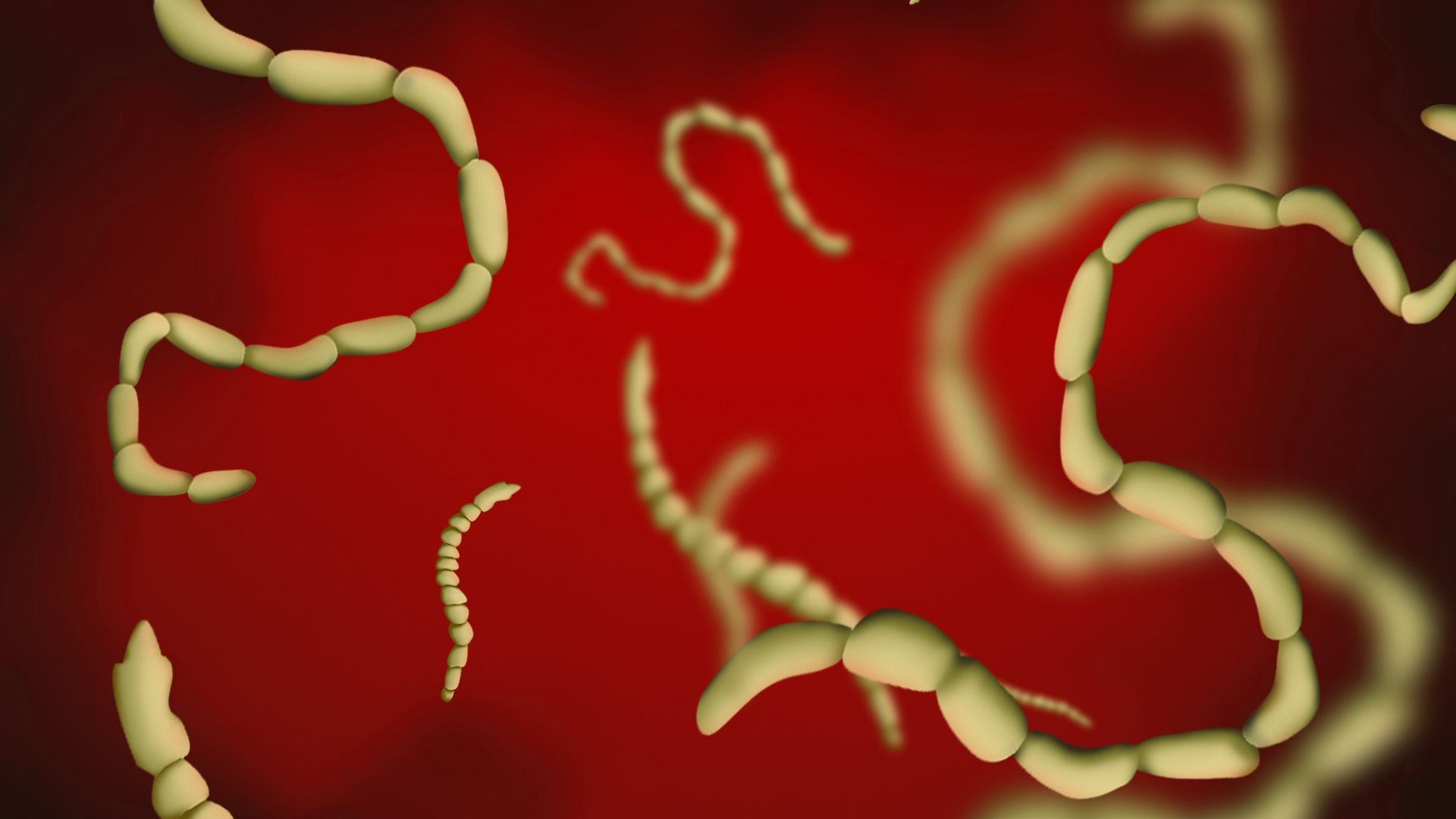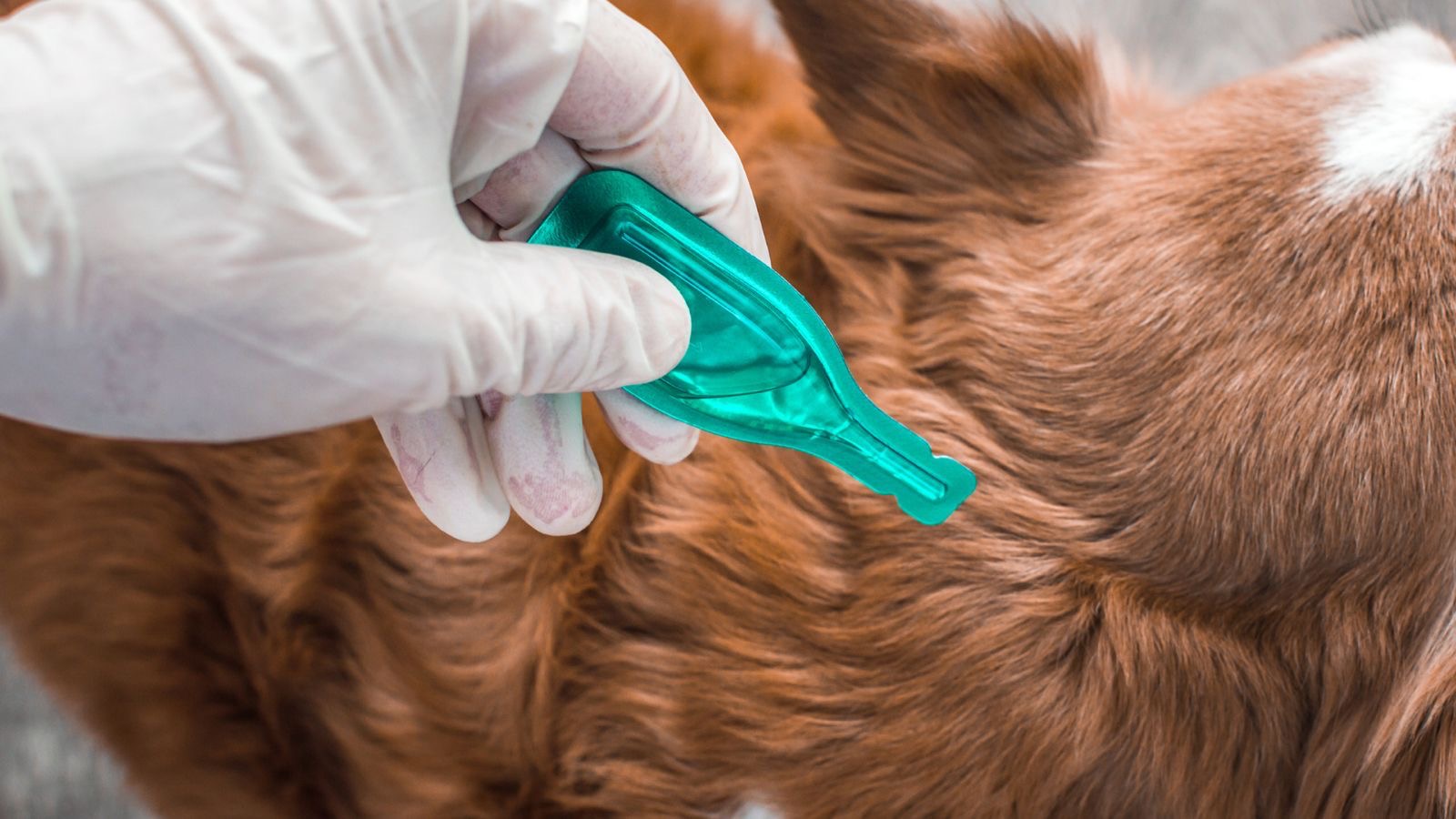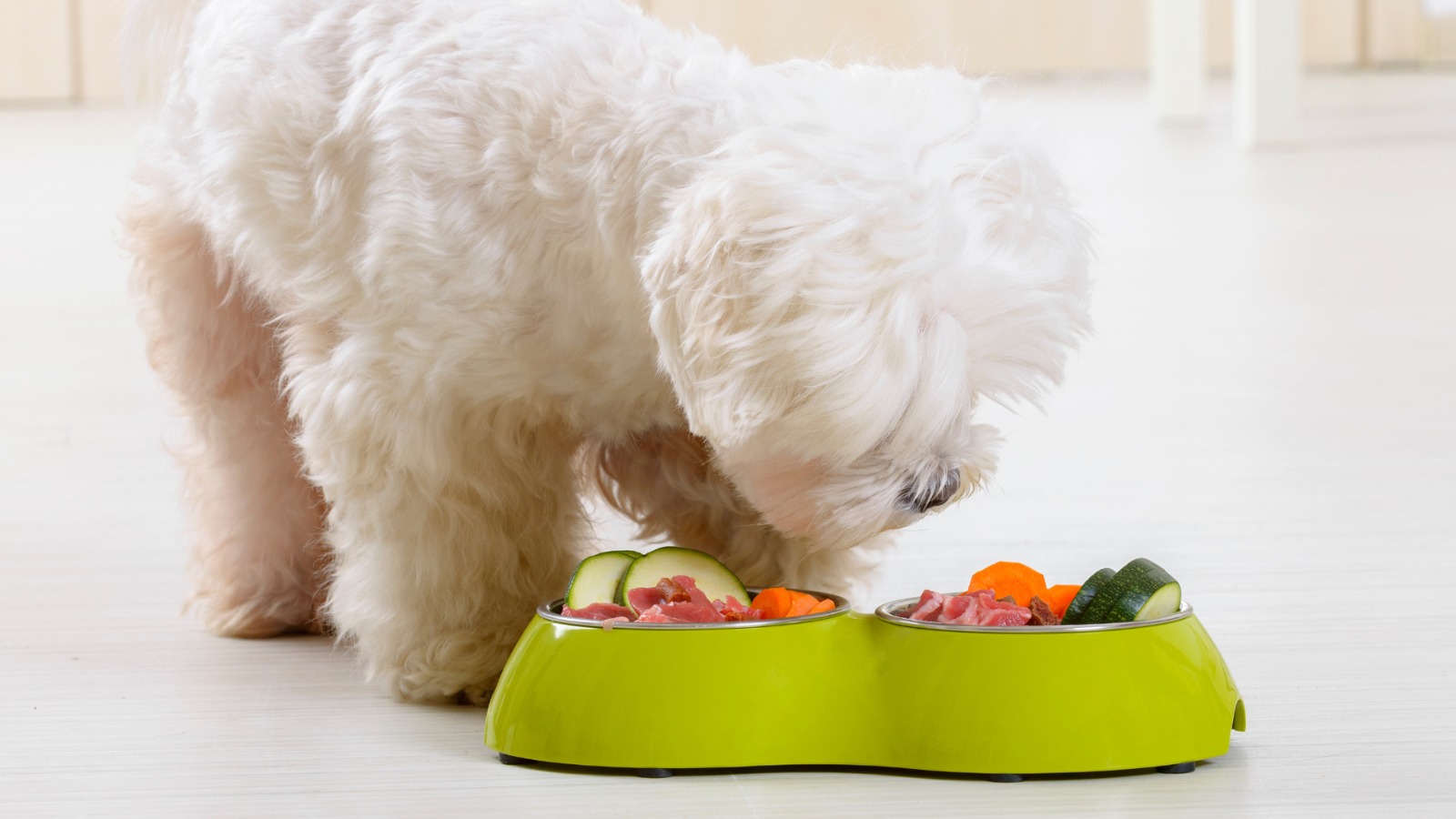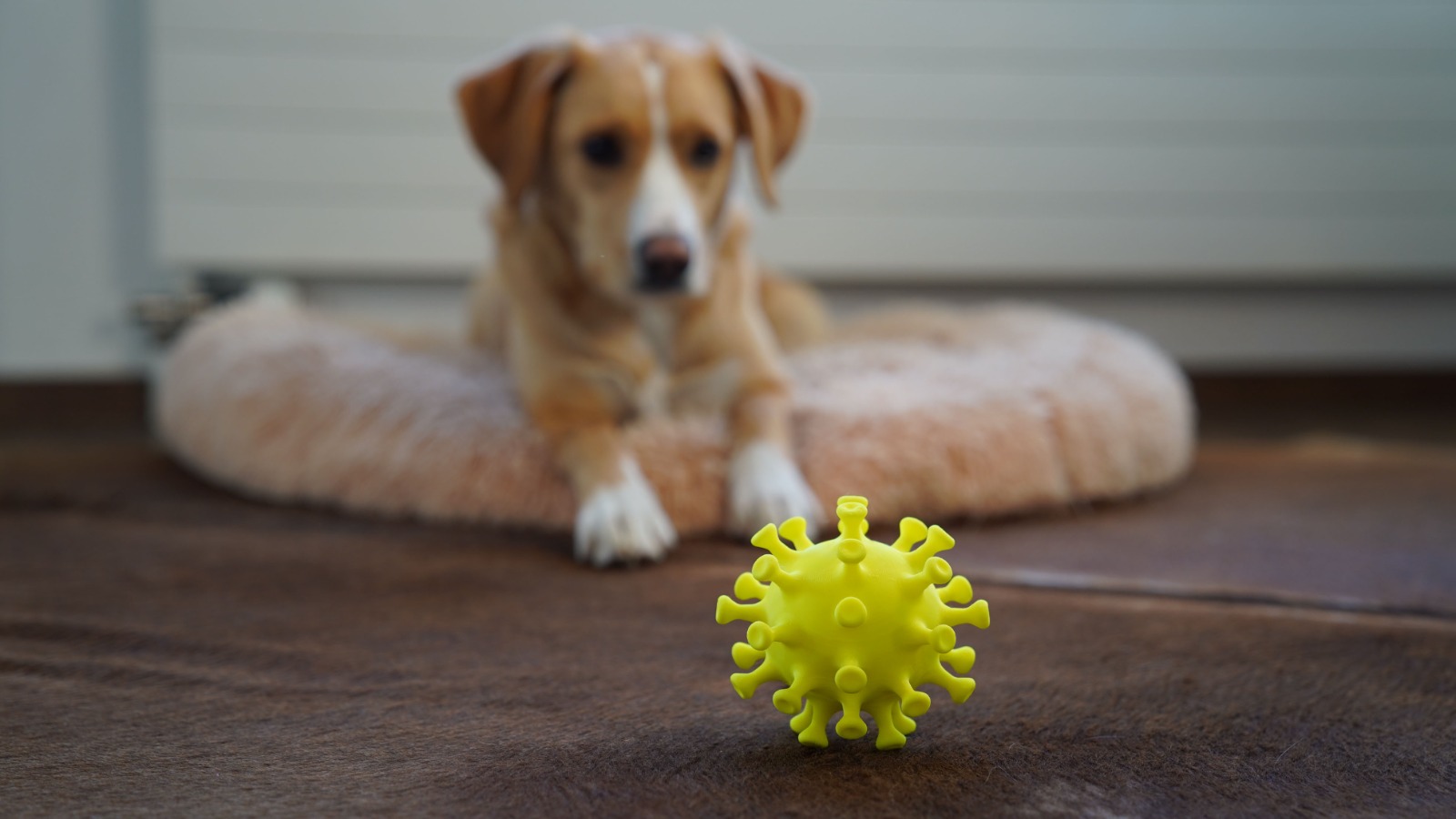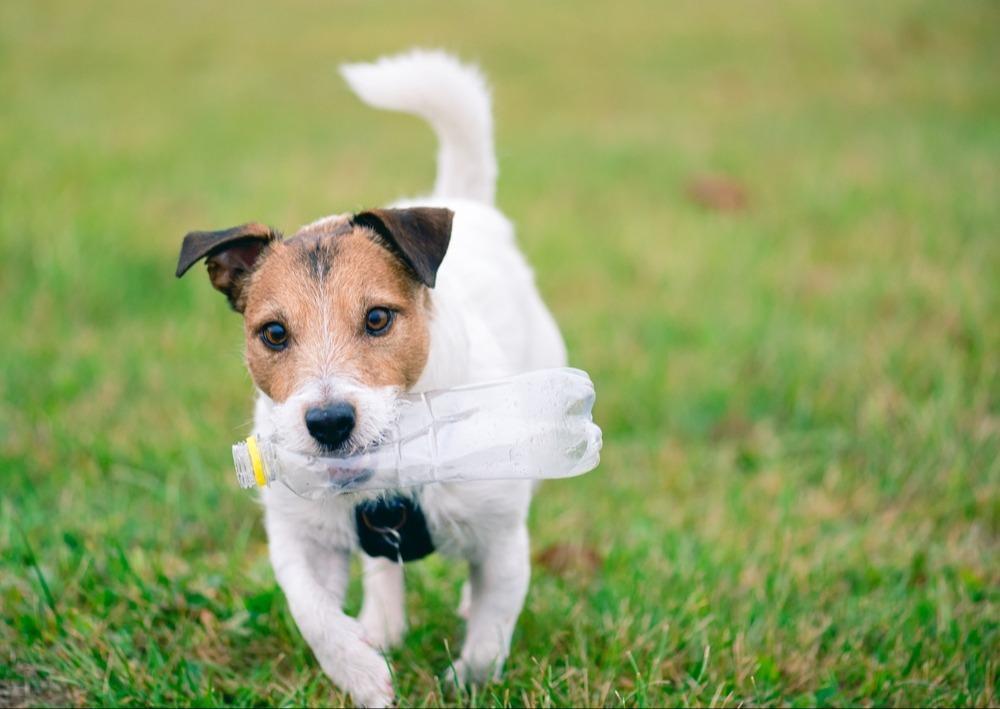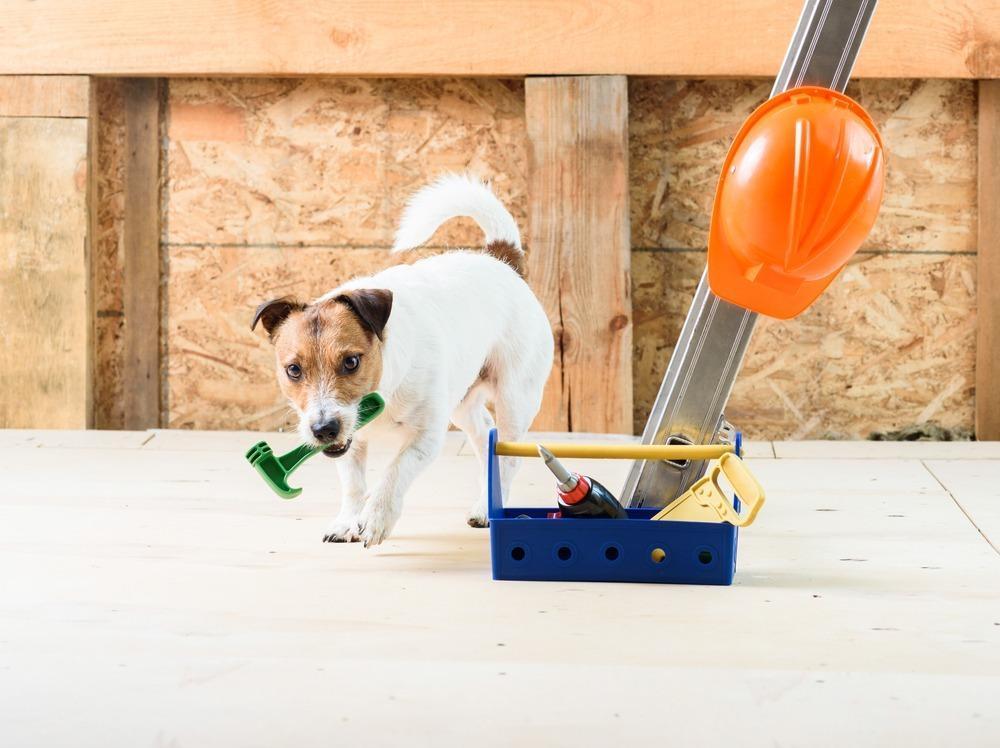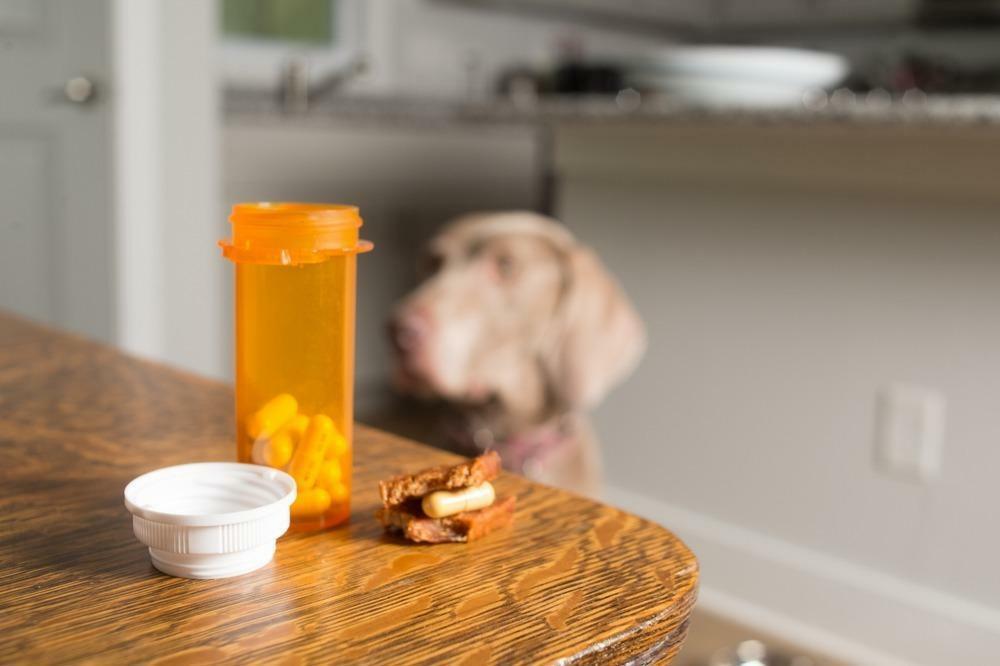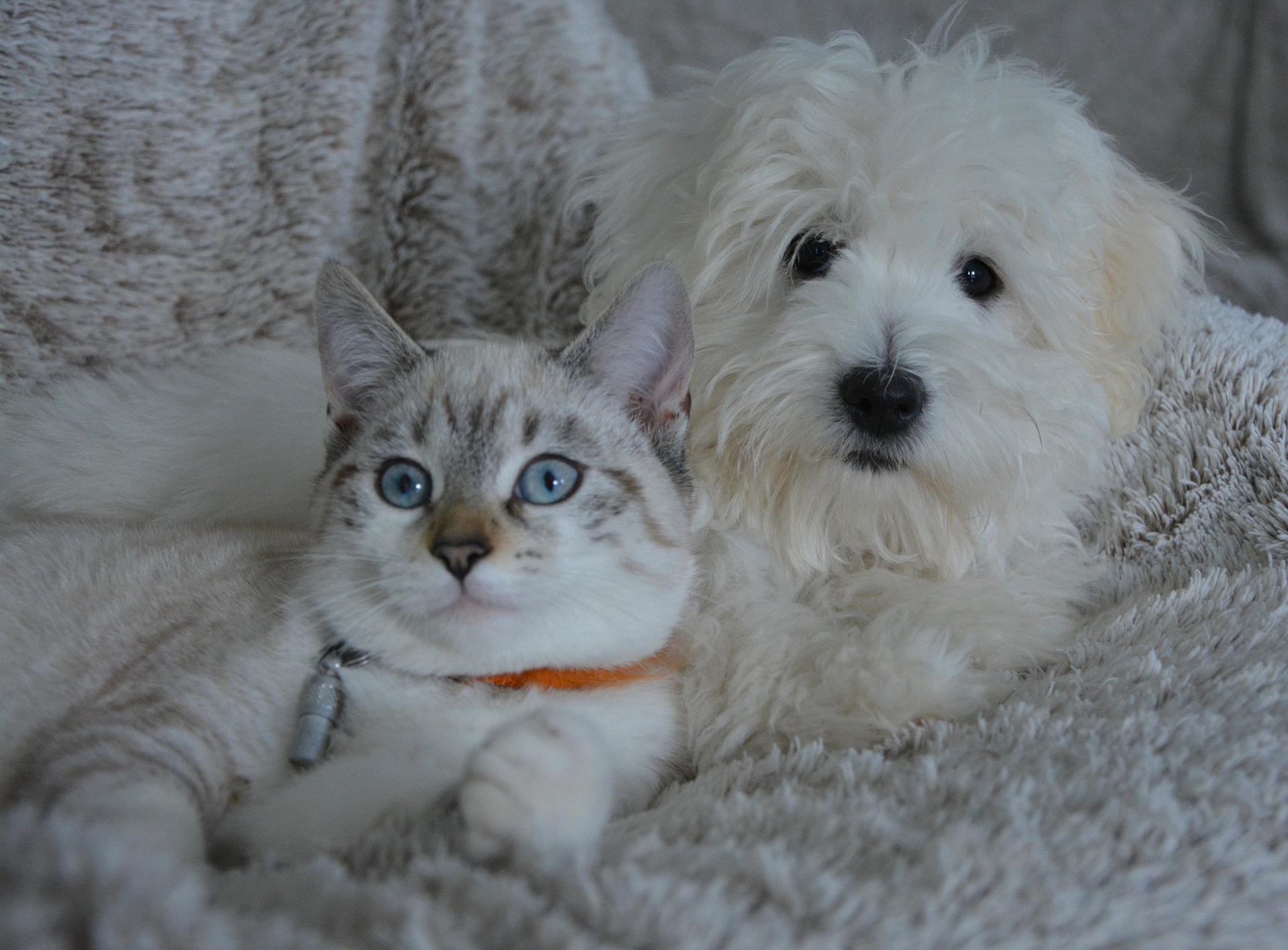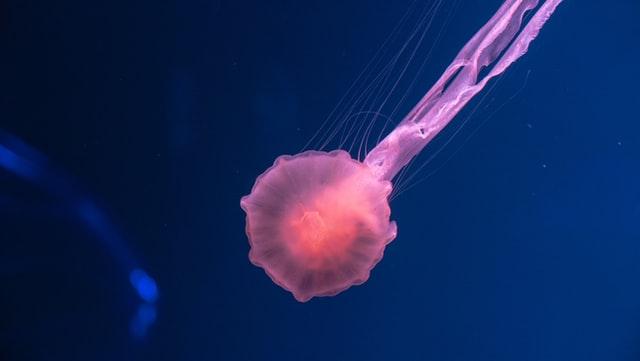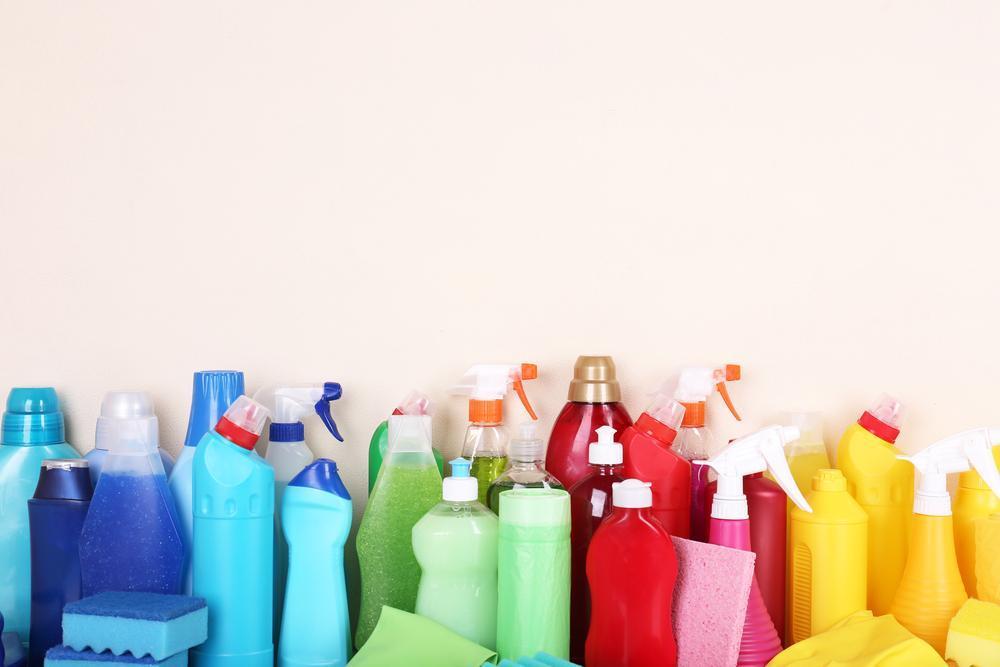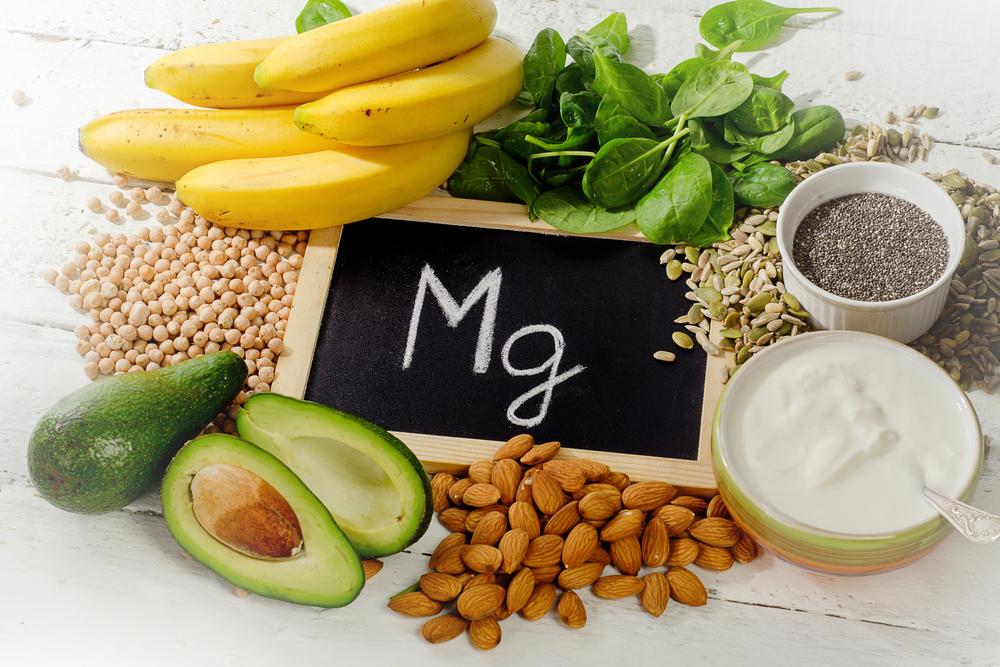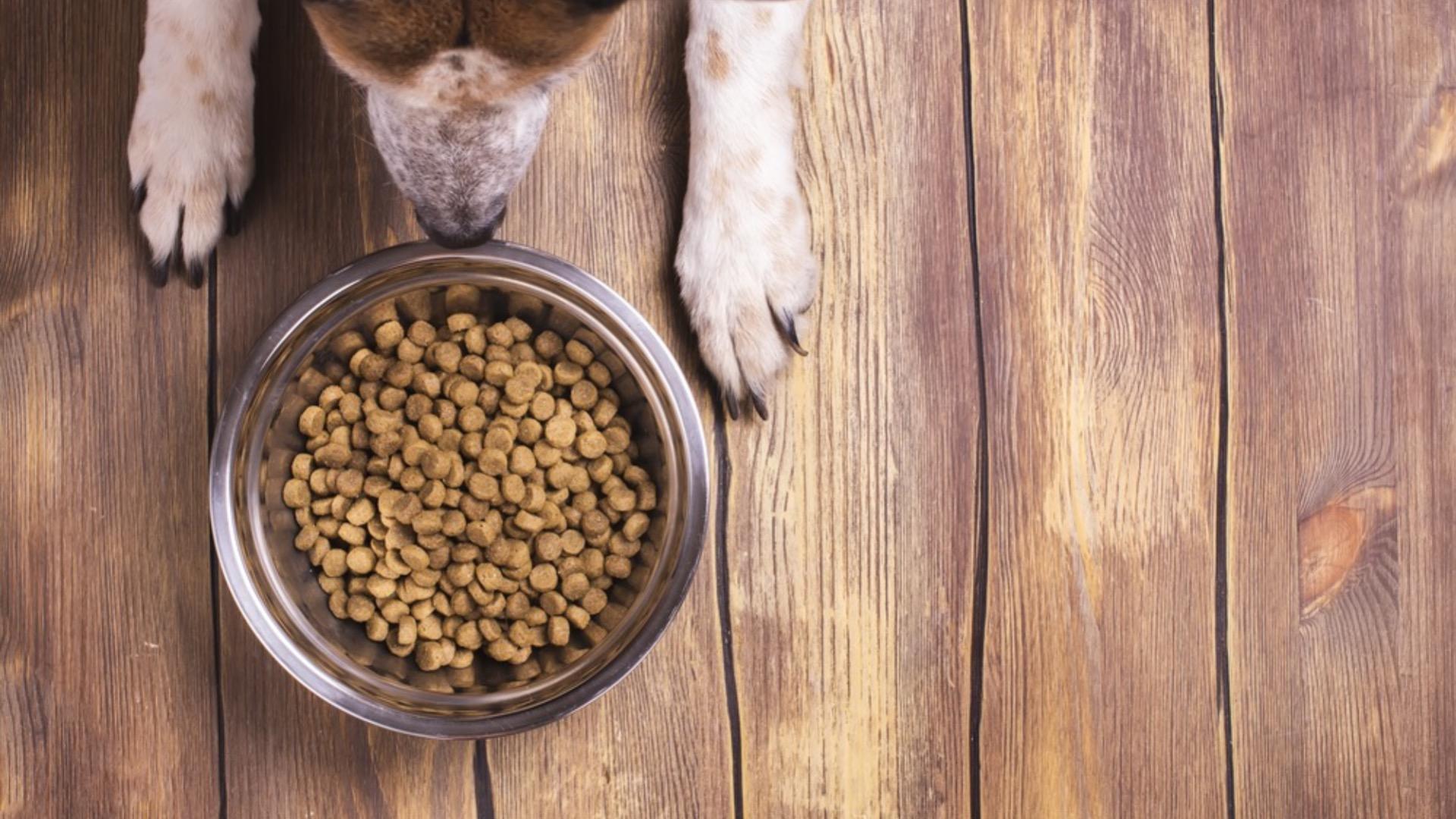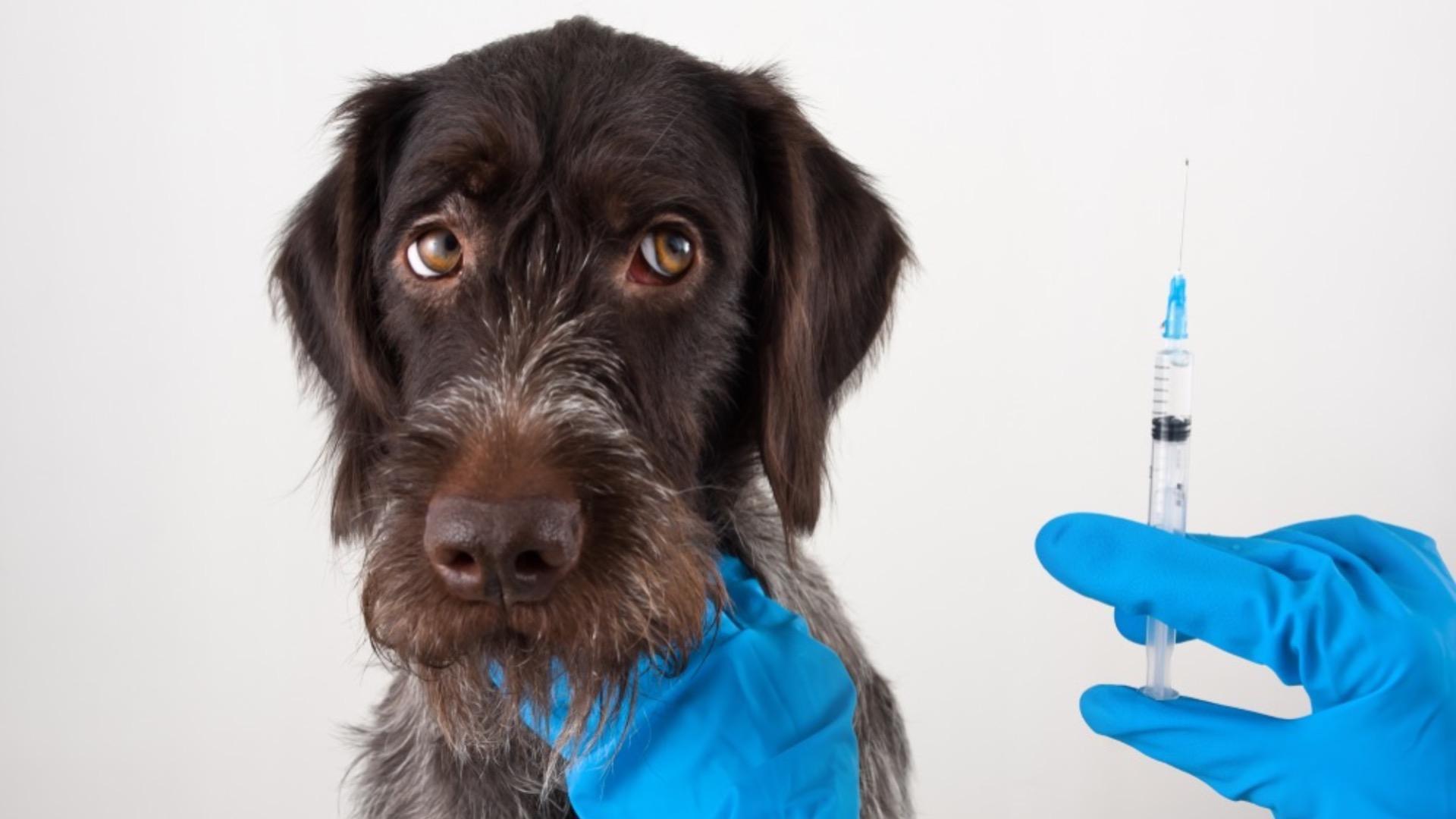
Whether you are purchasing for your own pet, or for a friend or family member, buying pet products, just like food, can be a bit of a minefield. When more and more of us are trying to live sustainably, can we do this with our pets too?
We’ve popped together some things to consider before you buy that next toy, chew, grooming product or bed!
It’s clear that the majority of pet products on the market are unfortunately made from plastic. Not only have we got the global issue of too much single use plastic, but it is actually harmful to health (yes, that includes our canine companions too)!
A common chemical used in the production of plastic is bisphenol A, also known as BPA. We’re sure you’ve heard of it. Studies have shown that BPA affects the reproductive systems of laboratory animals suggesting it disrupts hormones, and many more body functions.
Not only that but you will often find phthalates in plastic toys too. These are what makes the toy more flexible and durable. These too are known as endocrine disruptors.
We know that plastic doesn’t break down (you only have to look at the poop of a post-toy-assassination) so when your dog has gotten bored of that particular toy, you’ll dispose of it, but it can’t be recycled, so it will just end up in landfill for hundreds of years!
If you are looking to raise a plastic free pooch, it’s not as hard as you think. Opt for toys made out of natural materials like cotton, rope, canvas, wood, wool or bamboo. You can even make your own out of old T-shirts or towels (reusing and recycling is much better for the environment).
The other thing to check when you purchase, is how durable the product is. You want to make sure it is safe; that it doesn’t have small parts that can be chewed and swallowed. Squeak toys are the worst! Dogs instinctively want to get to the squeaker, but it’s easily swallowed and can cause an obstruction.
You want an item to last, so if your dog is a toy-assassin, then it’s just a waste of money buying one you know will be killed in a matter of seconds!
Whilst toys are often gifts of choice, chews and treats are firm contenders too! But this can be even more of a minefield for dog owners!
It pays to look at the labels of chews or treats.
You need to recognise the ingredients listed. Ideally, the first ingredient should be a meat protein. View chews and treats like you would when searching for a new dog food. Whilst it’s a complementary addition to their diet, it still needs to be beneficial to their health! Look at where it is made and source as local as possible. If you are raising a plastic free pet, then opt for packaging that is totally recyclable or biodegradable too. If you choose natural chews, they often don’t even need packaging!
If you are considering buying grooming products for your pet or family member pets, again reduce plastic where possible. Shampoo bars are becoming increasingly popular. They are often cruelty free and do not contain parabens, phthalates or sulfates. Most shampoo bars come in paper packaging which is 100% recyclable. Choose brushes with natural bristles and wooden handles.
Perhaps bedding or blankets are your next purchases? Choose items that are machine washable, so you can keep them for a longer period of time as opposed to disposing of them when they get too dirty! When you are washing them, pop them in a guppybag. This acts as a microfilter, stopping tiny plastic particles from getting into the water system. This is especially important for fleecy items as they are made from plastic (albeit recycled).
Whilst you may be trying your best to buy safely and sustainably, it can become an issue when friends or family buy for your pet. Many of us have accepted gifts knowing they will just end up in the bin. This is sad for a number of reasons.
The sale has already taken place, so there has been indication of demand and secondly, it’s another item in landfill. Consider setting up a wish list for your pooch, with safe and sustainable items on. Or, start buying these products for friends and family and explain why you are so excited about them. Hopefully, they’ll too see the benefits and pass them on the next time they buy a gift.
As Bernadette Jiwa suggested “…in a world where it’s easy to be cheaper and faster than the competition, we now recognise the limitations…humans are wired to do what feels good and what feels good to customers right now is to use their choices and purchasing power to support the building of a better tomorrow.”
Thanks for reading,
MPN Team
